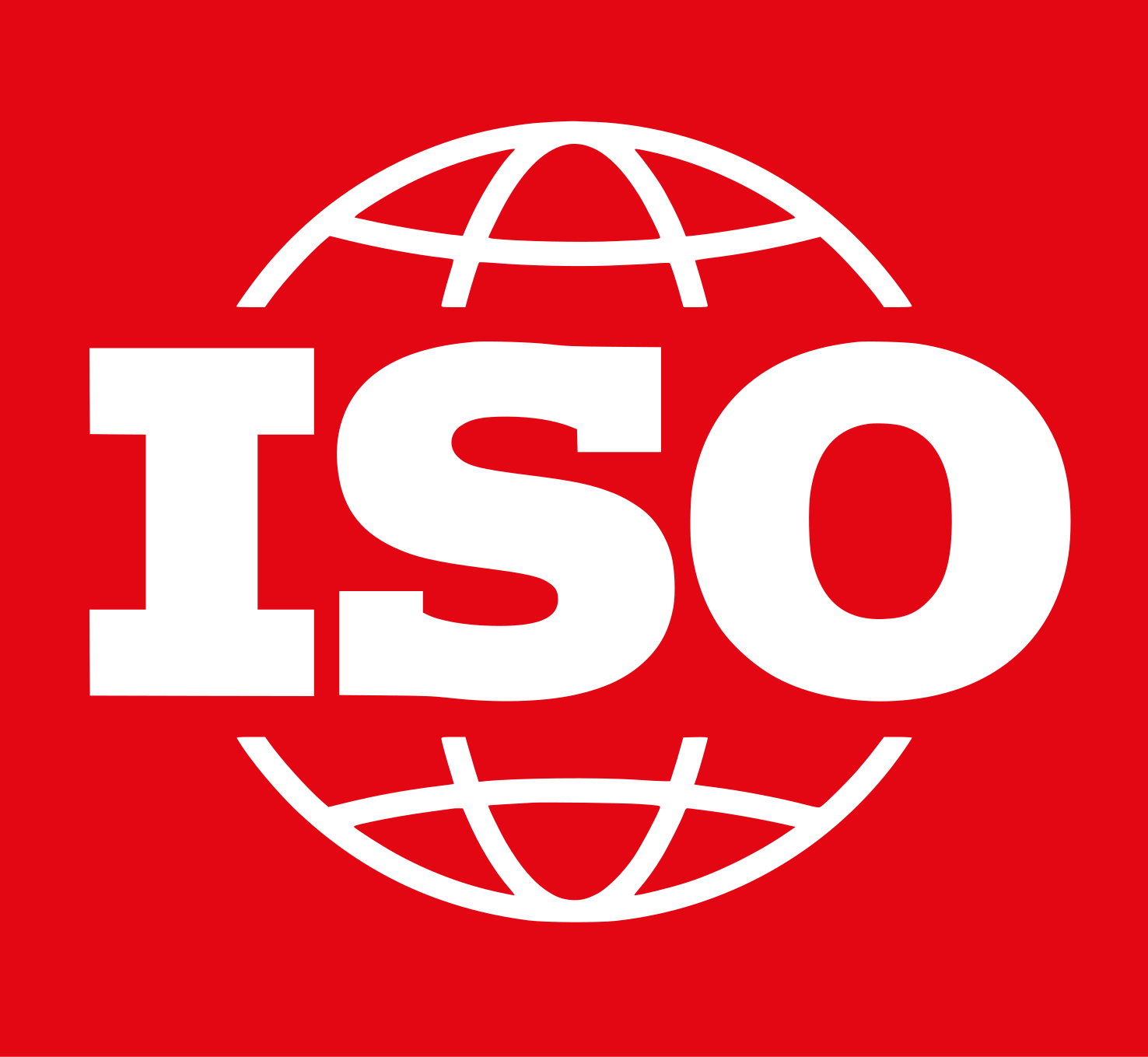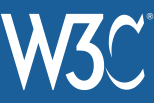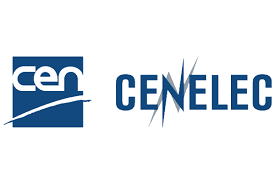Data Technologies
Overview
The European Task Force on Data Technologies (Data-ETF) are specialised groups of Data Technologies standardisation experts, integrating technical and industry expertise, dedicated to facilitating robust knowledge exchange and influencing the development of international Data standards in line with EU policies.
Objectives
The European Task Force on Data Technologies (Data-ETF) convenes leading European stakeholders involved and impacted by the development of Data technologies standards to build a Data high-level standardisation framework (a standardisation roadmap) that can then be pursued and agreed with selected international partners, namely Japan, South Korea, Taiwan, Singapore, Australia, Canada, and the USA.
This Task Force brings a unique value to the Data standardisation landscape through its focus on direct person-to-person exchanges and the development of comprehensive frameworks tailored to the Data sector.
This approach ensures effective alignment with common visions and applications, differentiating them from existing standardisation working groups.
Task Force results
The Task Force has developed the first version of the INSTAR Data Technologies ETF - PICS Factsheet.
This INSTAR factsheet is a concise, visually engaging document designed to serve as practical reference for the INSTAR stakeholders (EU and international policymakers, EU-funded projects, SDOs, and industrial players) to provide a clear summary of the European standardisation priorities identified by the Task Force.
DOWNLOAD PICS FACTSHEET
Task Force leaders - Contact Information
ETF Leader












